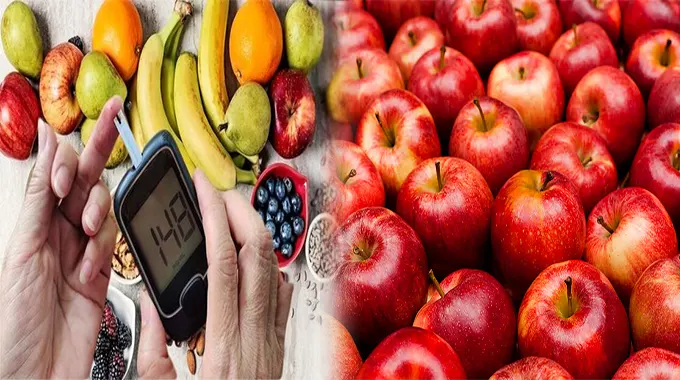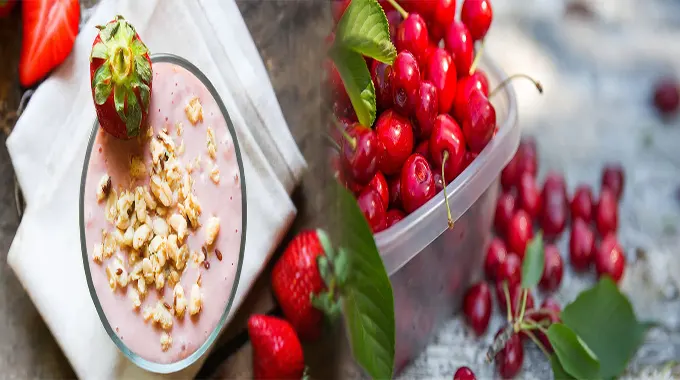Low-Carb Fruits for Diabetics That Won’t Raise Blood Sugar Quickly
For individuals managing diabetes, monitoring carbohydrate intake is essential for regulating blood sugar levels. While some fruits are naturally high in carbohydrates and can cause rapid spikes in blood glucose, there are several low-carb fruit options that can be included in a diabetic-friendly diet without significantly impacting blood sugar levels. Here are some low-carb fruits that are ideal for individuals with diabetes:
1. Berries
- Berries such as strawberries, blueberries, raspberries, and blackberries are excellent choices for diabetics due to their low carbohydrate content and high fiber content. The fiber in berries helps slow down the release of sugars into the bloodstream, preventing rapid spikes in blood glucose.
2. Avocado
- While technically a fruit, avocados are low in carbohydrates and high in healthy fats, making them a suitable option for diabetics. The monounsaturated fats in avocados have been associated with improved insulin sensitivity and blood sugar control.
3. Tomatoes
- Tomatoes are a low-sugar fruit that can be incorporated into a diabetic diet. They are versatile and can be enjoyed in salads, salsas, and as a base for sauces, providing essential nutrients without significantly impacting blood sugar levels.
4. Lemons and Limes
- Lemons and limes are low in carbohydrates and can add refreshing flavor to water or dishes without contributing to rapid blood glucose elevations. They are also rich in vitamin C and antioxidants, offering additional health benefits.
5. Peaches
- While slightly higher in carbohydrates than some other options, peaches in moderation can be included in a diabetic meal plan. Choosing smaller, fresh peaches and pairing them with protein or healthy fats can help mitigate their impact on blood sugar levels.
6. Cantaloupe
- Cantaloupe, when consumed in moderation, can be a refreshing and low-carb fruit option for diabetics. It is lower in sugar compared to other melons and can be enjoyed as















